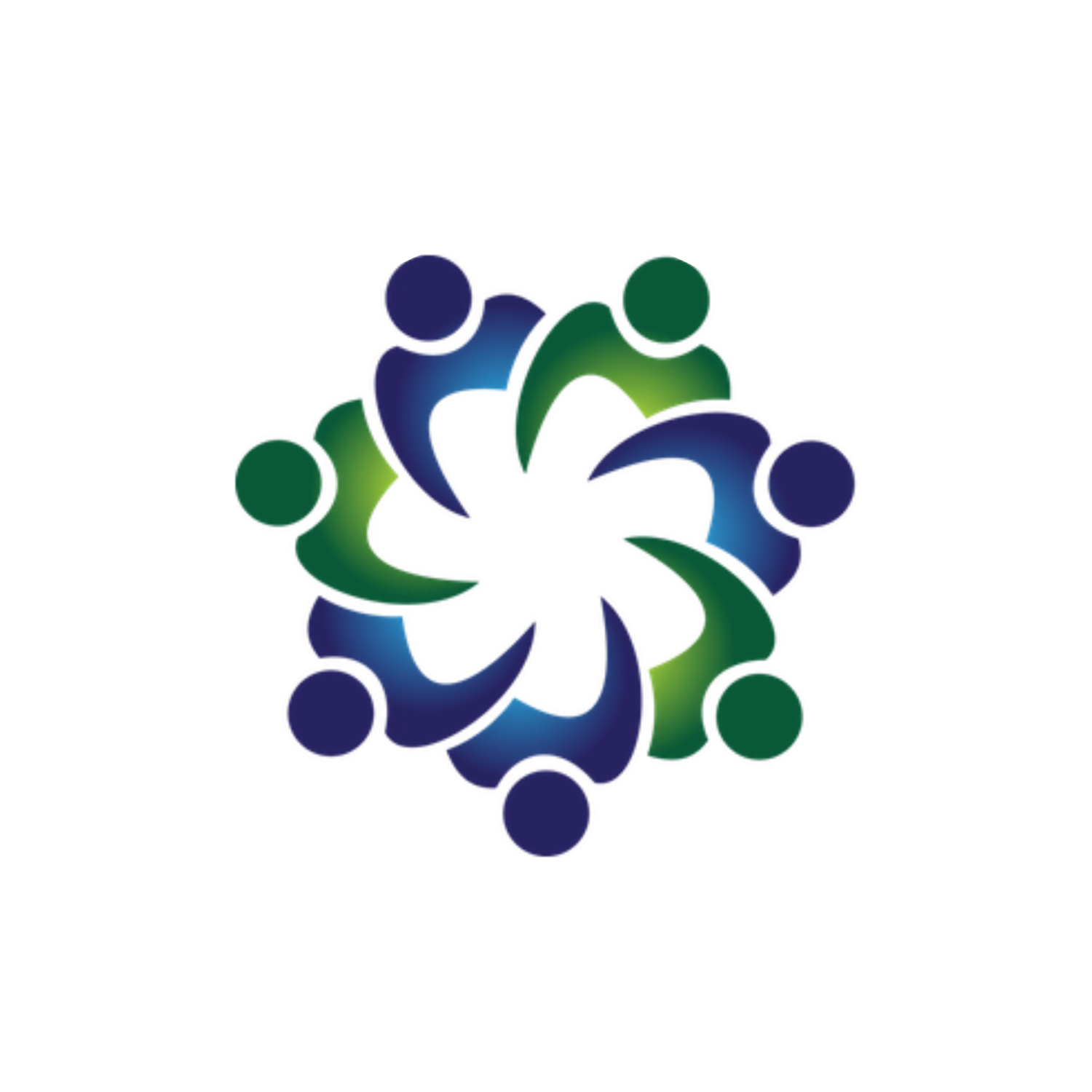What is medical gaslighting and does it impact opioid prescribing in Australia?
“Medical gaslighting comes from the single term ‘gaslighting’ and refers specifically to when a patient feels their concerns or symptoms about their own health are dismissed or downplayed by a healthcare professional to the point of abuse or coercive control.” 1
Dr. Melissa Geraghty, PsyD publication “Medical Gaslighting: The Devastating Effects of Being Told Your Symptoms are not Valid” list messages like “It’s all in your head.” “You’re just looking for attention.” “There’s no way you’re in that much pain; you would be screaming all the time.”
Author Kirsten Ballard says there are a number of ways to response to medical gaslighting.
“Patients should practice what they want to say in the event that medical gaslighting occurs to them:
“I understand you were intending to make a joke. I did not take it as such, because it felt hurtful.”
“I see that you have a different perspective than me. I’m not imagining things.”
“Name-calling or making light of my situation is hurtful. It’s hard to hear you when you speak to me like that.”
“I feel like I am not being heard.”
“I feel like my symptoms are being dismissed.”
“I know the symptoms I am experiencing are not typical for my body, and I am here reaching out for help.”
You can read more about the impacts of being invalidated here.
More information can be found here about issues for people needing opioids for pain. Self-reported Challenges Of Obtaining Ongoing Prescription Opioids Among Australians With Chronic Non-Cancer Pain. [R. Hopkins, G. Campbell, L. Degenhardt, L. Lintzeris, B. Larance, S. Nielsen, and N. Gisev]. In this cross-sectional Study released in July 2022 it states:
“Concerns have been raised that people with chronic non-cancer pain (CNCP) may be adversely affected by prescribing restrictions, and by INVOLUNTARY tapering and CESSATION of opioids.”
“One-third of participants with CNCP reported experiencing challenges obtaining prescriptions for opioids or having their opioid medicines involuntarily reduced. Given increasing restrictions to opioid access, it is important that strategies to reduce opioid-related harms are balanced against the current treatment needs of people prescribed opioids long-term for CNCP.”
In my opinion, the problems of access, force-tapering of prescription opioids and widespread gaslighting of chronic pain patients using their pain killers responsibly, safely and therapeutically, has only increased since this study came out over 12 months ago.
Furthermore, these largely ignored and misunderstood issues will only get significantly worse due to the new Clinical Practice Guidelines for Deprescribing Opioid Analgesics released on 26-5-23. More awareness of the plight of people using their mobility-restoring and life-saving opioid pain killers as prescribed is desperately needed, before thousands more are abandoned and undertreated, through NO fault of their own.
Neurofibromatosis Awareness Advocate Betini Udo says, “Medical gaslighting is a concern, one so distressing it hinders proper and effective healthcare. By cultivating a culture of empathy, respect and transparency, we can create a healthy healthcare environment for all.”
Here are few practical steps health providers can take to curb this trend.
1. “Active Listening: Healthcare providers can learn to actively listen to patients without taking premature judgement especially without asking the necessary questions. All the while, taking concerns seriously and engaging the patient actively.”
2. “Cultural Sensitivity: Being sensitive to cultural differences and biases is imperative to delivering quality healthcare. Healthcare providers should treat all patients with respect and impartiality, thus helping in bolstering trust and confidence in patient-doctor relationships.”
Why is gaslighting and force tapering of prescription opioids so dangerous?
Are Prescription Opioids Driving the Opioid Crisis? Assumptions vs Facts, from Oxford Academic Journal - Pain Medicine, 2, “Chronic pain is second only to bipolar disorder as a medical cause of suicide.”
In summary, we in Australia are now following the harsh American drug prohibition health model, which punishes and stigmatises chronic pain patients, the large majority of whom use their opioids appropriately to maintain function, mobility and some quality of life, it seems we are still a long way from understanding the core issue, i.e. “prescription” opioids are NOT the main driver of an “opioid” crisis in either country. Yet people living with severe, high-impact, daily pain are routinely ignored and left to suffer, to the extent that we have a significant untreated pain crisis in Australia. And medical gaslighting is one very important reason why.

